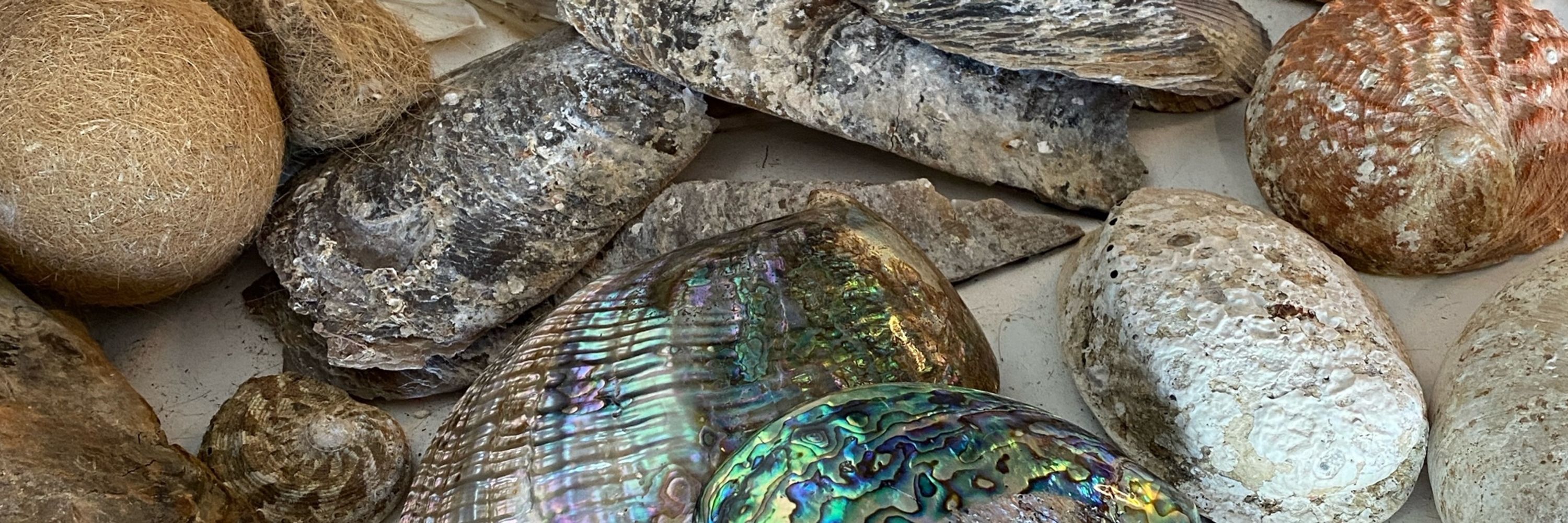
Zoe Doubleday
@zoedoubleday.bsky.social
Scientist 🐙🇦🇺
Marine ecology, fisheries, bluefoods, geochemistry, science communication, writing, media, education
www.marislab.org
Marine ecology, fisheries, bluefoods, geochemistry, science communication, writing, media, education
www.marislab.org
You can find out more by visiting www.marislab.org. Drop us a line if you would like to know more about what we do, or explore new and creative ideas with us. Happy 2025!

MARIS Lab
www.marislab.org
January 13, 2025 at 2:47 AM
You can find out more by visiting www.marislab.org. Drop us a line if you would like to know more about what we do, or explore new and creative ideas with us. Happy 2025!
4. Our mission at MARIS is to ensure science is not hidden behind closed doors but rather communicated to the media and public. We not only undertake research on how to boost the readability and readership of what scientists write, we also do alot of sci comm! elifesciences.org/articles/60080
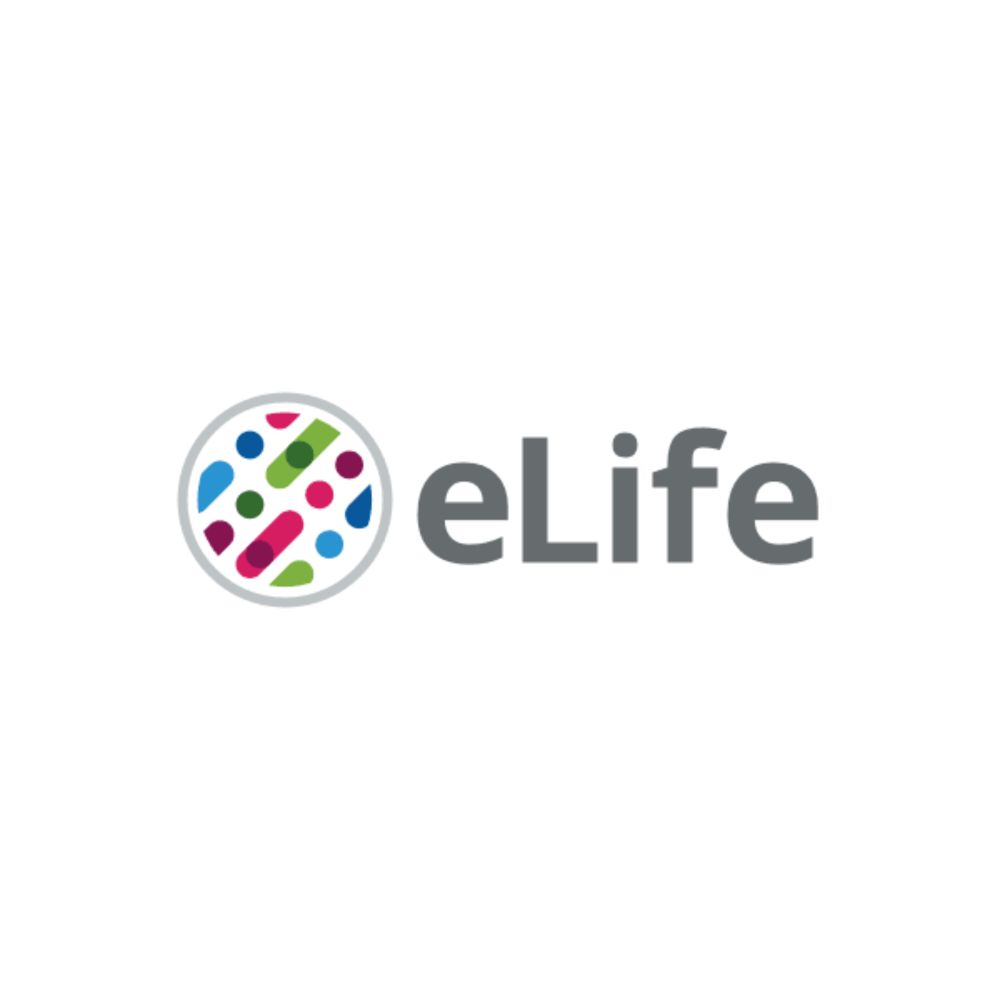
Meta-Research: The growth of acronyms in the scientific literature
A study of 24 million articles has revealed that scientists have created more than 1 million acronyms since 1950, most of which have been used fewer than 10 times.
elifesciences.org
January 13, 2025 at 2:47 AM
4. Our mission at MARIS is to ensure science is not hidden behind closed doors but rather communicated to the media and public. We not only undertake research on how to boost the readability and readership of what scientists write, we also do alot of sci comm! elifesciences.org/articles/60080
Research that supports the sustainable development and production of health blue(sea)foods. Here's an example of how geochemical tools can be used to universally trace seafood: onlinelibrary.wiley.com/doi/10.1111/...
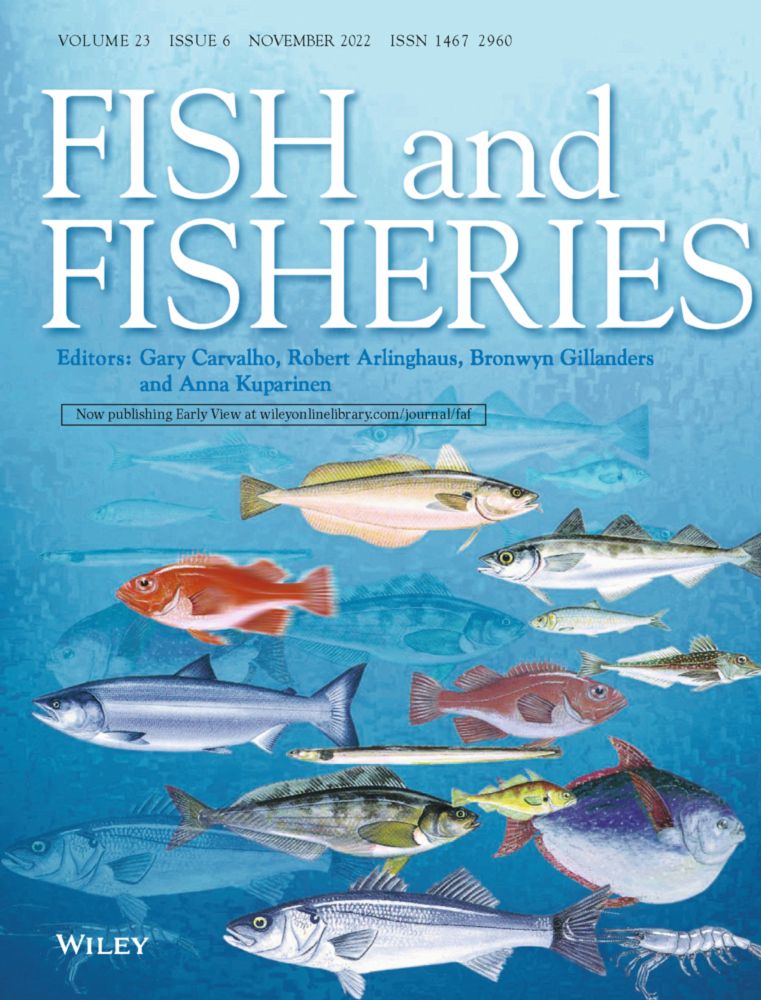
The universal imprint of oxygen isotopes can track the origins of seafood
Identifying the source of seafood is critical for combatting seafood fraud, but current tools are predominantly developed and applied on a species-specific basis. This study investigates how multiple....
onlinelibrary.wiley.com
January 13, 2025 at 2:47 AM
Research that supports the sustainable development and production of health blue(sea)foods. Here's an example of how geochemical tools can be used to universally trace seafood: onlinelibrary.wiley.com/doi/10.1111/...
2. Using geochemistry and sclerochronology methods as a smart, cost-effective way to collect data on environment and aquatic species. Here's our latest review on the topic: aslopubs.onlinelibrary.wiley.com/doi/full/10....
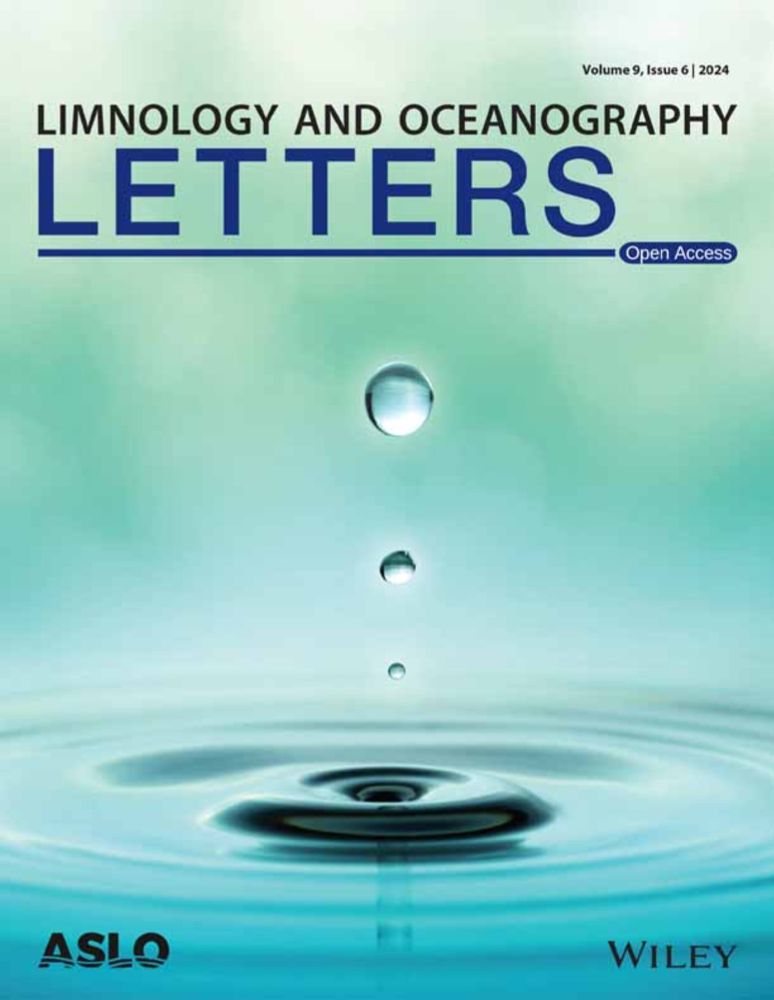
Capitalizing on the wealth of chemical data in the accretionary structures of aquatic taxa: Opportunities from across the tree of life
Aquatic organisms are natural data loggers and record chemical variations within hardened accretionary structures like shells and teeth. Chemical sclerochronology is the study of these chemical varia...
aslopubs.onlinelibrary.wiley.com
January 13, 2025 at 2:47 AM
2. Using geochemistry and sclerochronology methods as a smart, cost-effective way to collect data on environment and aquatic species. Here's our latest review on the topic: aslopubs.onlinelibrary.wiley.com/doi/full/10....
1. Everything cephalopod ecology, we love these smart, short-lived animals that bend all the rules. Here's our new octopus ageing guide to give you a taster: www.publish.csiro.au/mf/mf23159
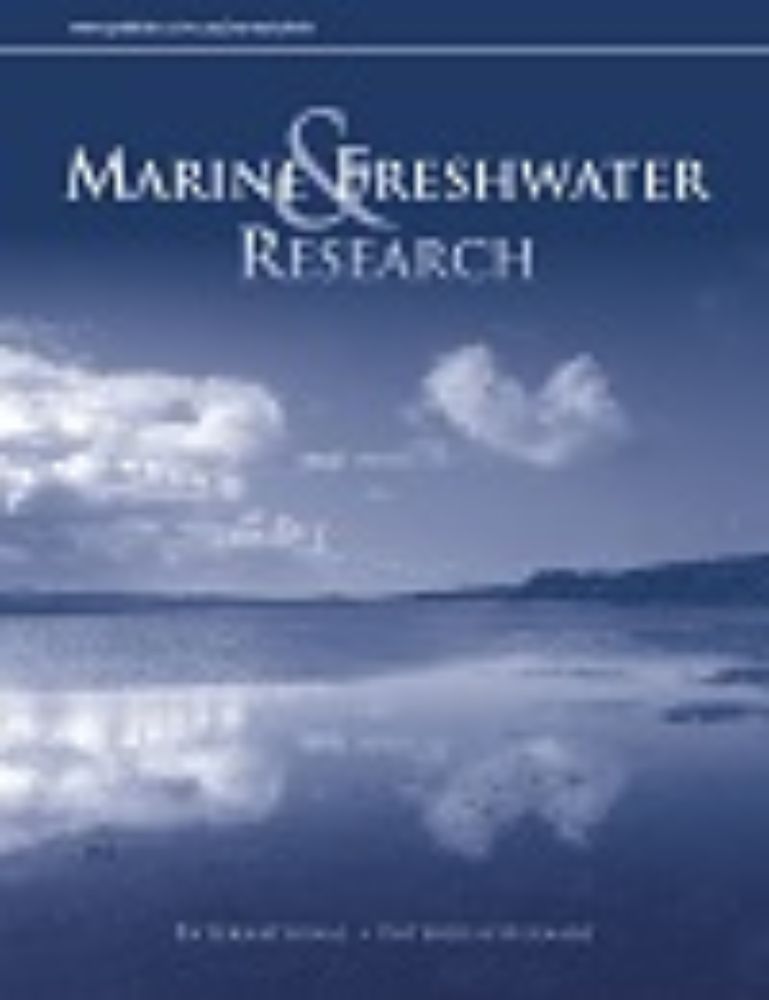
A step-by-step guide to ageing octopus
Global octopus catch has doubled over the past four decades and is likely to grow in importance as many key fisheries continue to decline. Lack of age data is a critical limitation in assessing the re...
www.publish.csiro.au
January 13, 2025 at 2:47 AM
1. Everything cephalopod ecology, we love these smart, short-lived animals that bend all the rules. Here's our new octopus ageing guide to give you a taster: www.publish.csiro.au/mf/mf23159

